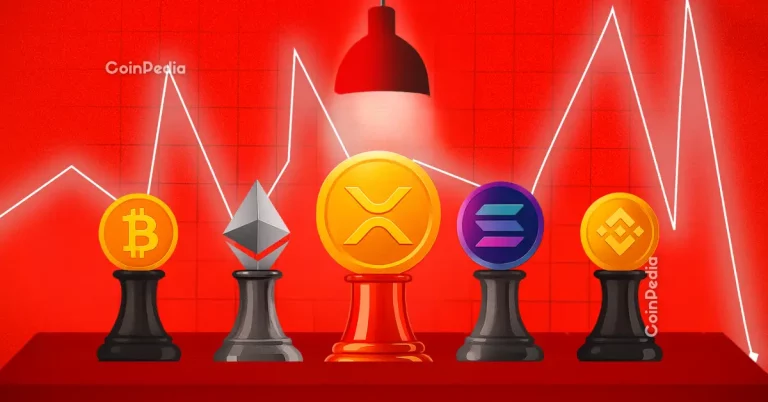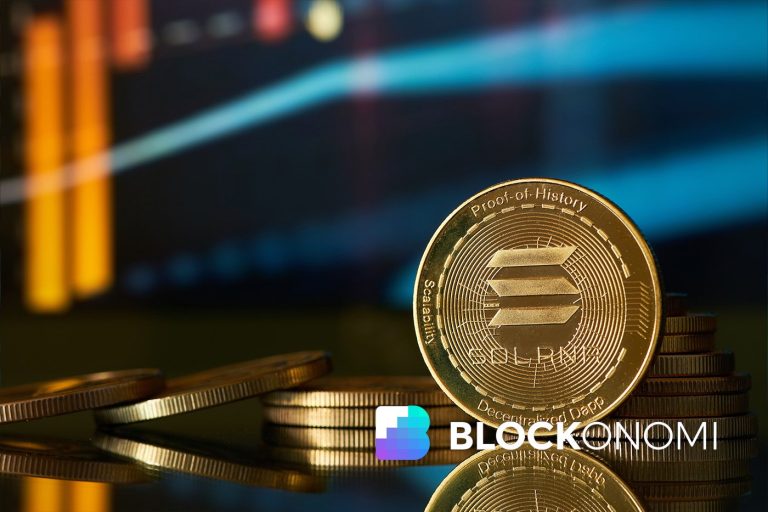
On the eve of critical global diplomacy, Sir Keir Starmer is set to join EU and NATO leaders to support Ukrainian President Volodymyr Zelensky in a high-stakes meeting with former U.S. President Donald Trump at the White House. In a display of unity, European leaders aim to moderate Trump’s approach towards Zelensky, who has found himself at the center of a geopolitical tug-of-war involving Russia.
EU Ministers on Alert Amid Putin’s Influence
European ministers have voiced concerns over the potential for Zelensky to walk into a strategic trap orchestrated by Russian President Vladimir Putin. Reports indicate that the meeting is pivotal to ensuring a fair diplomatic outcome, especially as discussions around Ukraine’s territorial boundaries continue to unsettle global leaders.
On Sunday, the coalition of supportive nations, including the UK and other allies, convened a two-hour virtual conference to solidify their stance. Zelensky declared that the meeting yielded a ‘common view on what a peace agreement should entail’ and affirmed that peace cannot be achieved through forceful territorial changes.
Boris Johnson and Macron Rally Allies
Former UK Prime Minister Boris Johnson called on Starmer to lead international efforts to safeguard Ukraine’s integrity following last week’s contentious summit involving Trump and Putin in Anchorage, Alaska. Johnson described the meeting as ‘vomit-inducing’ yet acknowledged its grim necessity to foster future dialogue.
French President Emmanuel Macron echoed this sentiment, stating, ‘If we’re not strong today, we’ll pay dearly tomorrow,’ reinforcing Europe’s determination to counter any perceived Russian aggression.
US and Russian Negotiations Draw Criticism
Friday’s summit between Trump and Putin resulted in controversies, with allegations that Trump abandoned his initial demand for a ceasefire within hours of discussions. Reports suggest Putin lobbied successfully for Ukraine to cede the contested Donbas region, leveraging falsified intelligence depicting an imminent collapse of Ukrainian defense lines.
Trump, however, refuted the reports, labeling them ‘fake news’ and promising ‘BIG PROGRESS ON RUSSIA’ in forthcoming developments. Meanwhile, U.S. special envoy Steve Witkoff emphasized that significant progress was made, citing newly established security guarantees for Ukraine, akin to NATO’s collective defense mechanisms under Article 5.
European Leaders Stand Firm
In a strong display of transatlantic collaboration, European leaders, including Macron, Italian Prime Minister Giorgia Meloni, and German Chancellor Friedrich Merz, have rallied to provide Zelensky with moral and diplomatic support.
Zelensky has urged for peace negotiations to stem from the current front lines while resisting Russian demands over territorial concessions. He firmly stated, ‘The territorial issue should be discussed only by the leaders of Ukraine and Russia.’
Future Talks and Global Repercussions
As the next round of talks approaches, eyes are on the Oval Office, where Trump is expected to push for a direct meeting between Zelensky and Putin. Former U.S. Vice President Mike Pence weighed in, urging a firm stance against Russia, emphasizing that ‘the hammer needs to come, and it needs to come immediately.’
The stakes of these discussions extend beyond Ukraine, with Europe’s collective security and geopolitical balance hanging in the balance. Any agreement reached will require careful execution to avoid emboldening aggressors while securing peace and freedom for Ukraine’s citizens.
The international community will watch closely as this pivotal diplomatic effort unfolds, shaping the path toward a potential resolution of one of the most significant conflicts in modern history.
Conclusion
As global leaders converge on Washington, the unified support for Ukraine symbolizes a collective effort to uphold international law and protect sovereign nations from aggression. Whether these talks achieve meaningful progress or fall into stalemates, the world holds its breath for a peaceful resolution forged through diplomacy and resilience.






